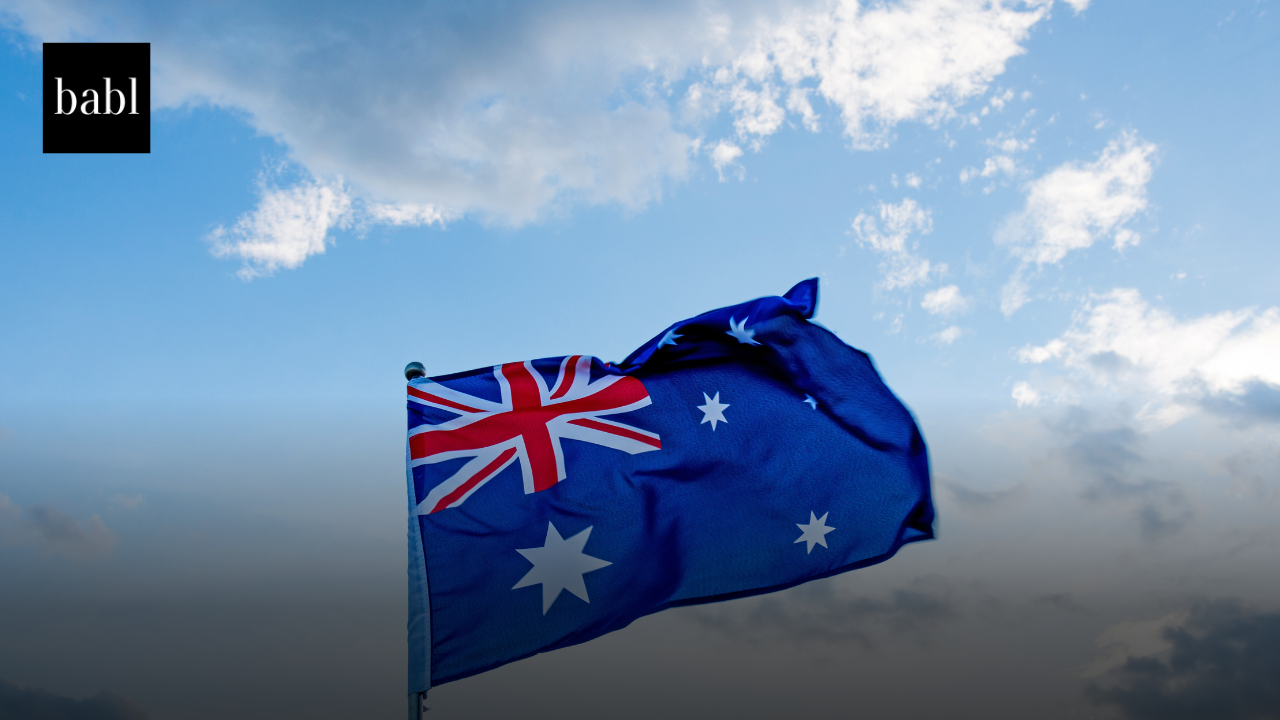UPDATE — AUGUST 2025: Australia’s Combatting Misinformation and Disinformation Bill has stalled amid criticism from civil liberties groups, tech companies, and free speech advocates. While the draft law would have empowered the Australian Communications and Media Authority (ACMA) to compel platforms to publish risk assessments. It also would have fined violators up to 5% of global turnover. The proposal remains in committee review, with the government signaling it may narrow definitions and clarify exemptions before reintroducing it.
ORIGINAL NEWS STORY:
Australian Parliament Proposes Tough New Misinformation Law with Substantial Penalties
In a landmark move to combat the spread of misinformation and disinformation on digital platforms, the Australian Parliament has introduced the Communications Legislation Amendment (Combatting Misinformation and Disinformation) Bill 2024. The bill, unveiled by the House of Representatives, marks a significant step toward regulating the digital landscape, aiming to curb the growing influence of false information that may cause serious harm to individuals and society at large.
The proposed law will place significant obligations on digital platforms to ensure transparency, accountability, and the protection of users from harmful misinformation. This action comes amid rising concerns about the role digital platforms play in the dissemination of false and misleading content, which can influence public opinion, impact electoral processes, and even affect public health.
Strengthening Oversight and Accountability
The bill imposes new transparency and accountability obligations on social media companies, search engines, and content-sharing platforms. These platforms must publish risk assessments outlining how misinformation spreads on their services and implement media literacy initiatives to help users evaluate online information. The Australian Communications and Media Authority (ACMA) will oversee enforcement, with authority to compel platforms to publish reports and maintain systems for identifying and managing harmful misinformation. These measures aim to ensure that platforms take greater responsibility for their role in shaping online discourse.
Significant Penalties for Non-Compliance
A key feature of the bill is its substantial financial penalties for companies that fail to comply. Platforms could face fines of up to 5% of their annual global turnover, creating one of the world’s toughest enforcement regimes. This penalty structure is designed to deter non-compliance, especially for major global firms such as Meta, Google, and TikTok. By tying fines to global revenue, the legislation ensures that compliance becomes a priority across all markets, not just in Australia. In addition to financial penalties, ACMA will have the power to issue civil sanctions and take legal action against companies that ignore its directions. The bill emphasizes that regulatory authority will be backed by enforceable consequences, reinforcing the government’s stance against digital misinformation.
Balancing Regulation and Free Expression
While the proposal introduces tough new obligations, it also includes safeguards for free expression. Satire, parody, and legitimate journalism are explicitly excluded from the bill’s scope to prevent overreach. The government aims to regulate harmful misinformation without restricting lawful speech or creative expression. The bill also upholds user privacy protections. Platforms will not be required to monitor private messages or voice-over-IP (VoIP) communications. Instead, oversight will focus on public content that poses broader societal risks.
Ongoing Debate and Global Context
As the bill moves through Parliament, it’s expected to face intense debate from lawmakers, civil society, and the tech sector. Critics have raised concerns about overreach, while supporters argue that oversight is necessary to preserve public trust in online information. If enacted, the legislation would place Australia alongside the EU’s Digital Services Act and the UK’s Online Safety Act. All three would represent democratic nations taking a firm stance on the governance of online platforms. It highlights a global challenge: how to combat misinformation without undermining free speech.
Need Help?
If you’re monitoring global digital or AI policy changes, reach out to BABL AI.Their Audit Experts can help your organization. Whether you need to navigate evolving international regulations, assess compliance risks, and build responsible governance frameworks.





